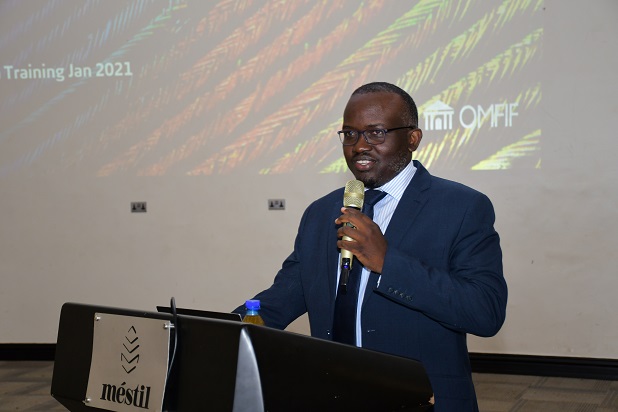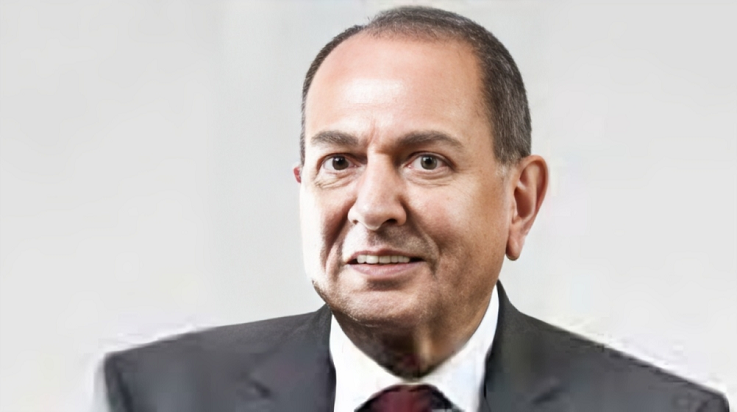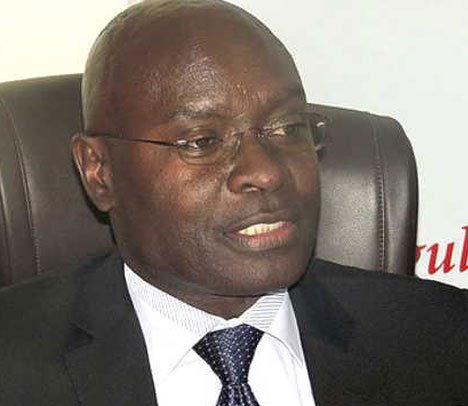David Wandera, Absa Bank Uganda Executive Director and Head of Markets
For the 5th year running, Absa Group Limited in partnership with the Official Monetary and Financial Institutions Forum (OMFIF) will on Tuesday at Serena Hotel in Kampala release the Absa Africa Financial Markets Index 2021.
The index is a measure of the attractiveness of financial markets in 23 African countries including Uganda.
Absa Bank Uganda Executive Director and Head of Markets, David Wandera, confirmed the release and said “It (Index) is basically measures the various factors that allow or attract investors to come to Uganda and shows various pillars ranging from access to foreign exchange, market depth, market transparency, tax and regulatory environment, capacity of local investors, macroeconomic opportunity and legal and enforceability of standard financial markets master agreements, and allows an investor from outside looking in to assess the performance or the state of the economic environment of Uganda.”
“This is to bring to light the areas in which we are doing well as a country in financial markets and the areas which need to improve. The six pillars cover a wide range of areas that apply or are relevant to every participant in the Uganda financial markets. Anyone who wants to come and invest in Uganda, anyone who is considering investing in stock, in a bond, starting up a business, when they look at the results of the index, they are able to assess and see whether Uganda is an investment destination that they should come to. They are able to assess and see whether Uganda has the right legal framework to support the investment decision or the investment that they are doing in Uganda. It’s a measure to help people gauge whether and what state Uganda is in, in comparison to other African countries. The index covers 23 African countries and how Uganda performed over the last year and what areas are there for improvement or what areas are there to be celebrated,” Wandera said early this week.
In the 2020 Index, Uganda came 15th, not very different from a 2019 position, implying that policy makers need to do more to boost much-needed investments, more so to attract foreign private investors into the economy.





